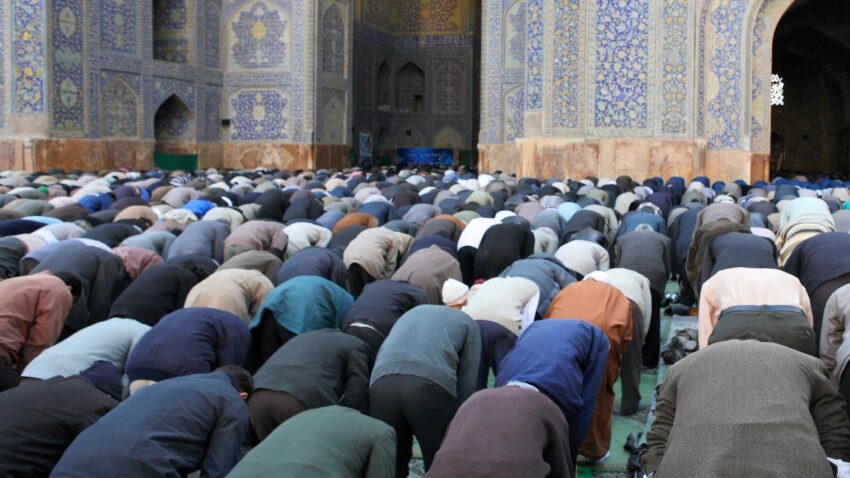As the moon takes its crescent form, millions of Muslims around the world eagerly anticipate the beginning of Ramadan, the holiest month in the Islamic calendar. This sacred time of spiritual reflection and self-discipline is observed annually, as it has been for over a millennium, by those who adhere to the Islamic faith. Ramadan commemorates the month during which the Prophet Muhammad is believed to have received the first revelations of the Qur’an from Allah, the Almighty.
Significance of the Crescent Moon
The sighting of the crescent moon, known as the hilal, is an essential component of the Islamic lunar calendar. This delicate sliver of light signifies the end of the previous month, Sha’ban, and the beginning of Ramadan. Islamic scholars and local moon-sighting committees diligently observe the sky for the appearance of the hilal to ensure the accurate start of the holy month. In recent years, advances in astronomy have aided these efforts, although traditional moon sightings still hold significant cultural importance.
The Fasting Tradition
One of the Five Pillars of Islam, fasting (sawm) is a central aspect of Ramadan. From sunrise to sunset, adult Muslims abstain from food, drink, smoking, and intimate relations. Exceptions to this obligation include children, the elderly, pregnant or nursing women, travelers, and those who are ill.
The fast aims to purify the soul, instill self-discipline, and encourage empathy for those less fortunate. It is also a time to seek forgiveness, mend relationships, and engage in acts of charity. As the day concludes and the sun sets, Muslims break their fast with a meal known as iftar, traditionally starting with dates and water, followed by a larger meal with family and friends.
Prayer and Worship
During Ramadan, Muslims devote additional time to prayer and worship, seeking spiritual growth and closeness to Allah. The nightly Taraweeh prayers, performed after the obligatory Isha prayer, are specific to this holy month. The entire Qur’an is recited during these prayers over the course of Ramadan, emphasizing its significance as a time of reflection and learning.
Community and Solidarity
Ramadan is a time for strengthening community ties and fostering a sense of solidarity among Muslims worldwide. By sharing meals, attending prayers together, and engaging in acts of charity, Muslims create an atmosphere of love and support. This unity is further exemplified during the last ten days of Ramadan, known as the “Night of Power” or “Laylat al-Qadr,” when Muslims intensify their worship and seek divine mercy and forgiveness.
Eid al-Fitr: A Joyous Conclusion
The month of Ramadan culminates in the celebration of Eid al-Fitr, a festival that marks the end of fasting and the beginning of the month of Shawwal. This joyous occasion involves communal prayers, feasting with family and friends, and acts of charity known as zakat al-fitr, ensuring that those in need can also partake in the festivities.
The beginning of Ramadan signifies a time of spiritual renewal and growth for Muslims around the world. As believers embark on this month-long journey of fasting, prayer, and reflection, they not only deepen their faith but also foster a sense of unity and solidarity within the global Muslim community.
